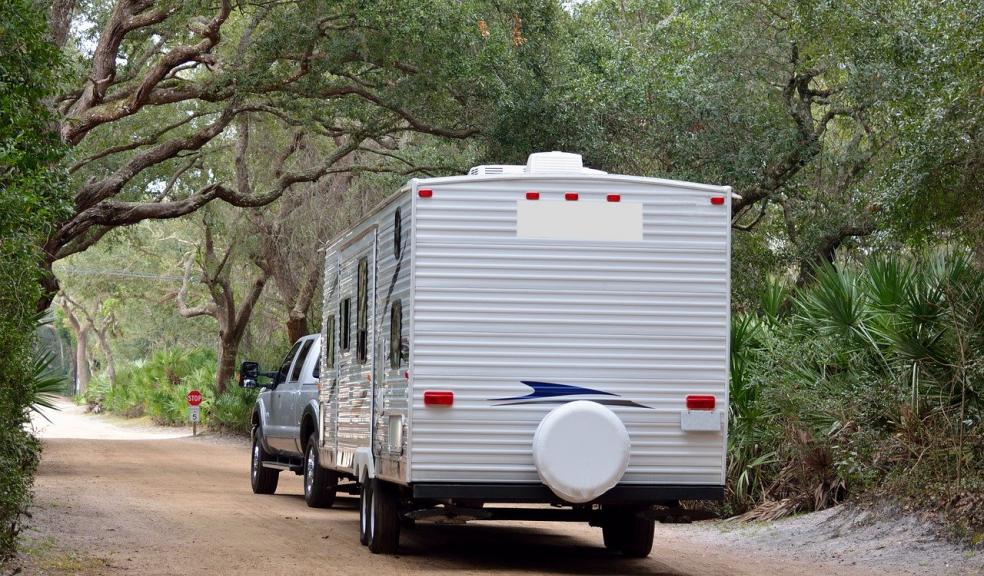
Why you need to have travel trailer insurance
For outdoor enthusiasts, there is nothing better than hitting the road and making the most out of the vacation with your RV or travel trailer. However, you need to make sure that you plan properly for your trip and have the right insurance. A travel trailer insurance ensures that your passengers and assets are protected while on a trip.
Depending on the situation, your regular auto insurance may provide some protection on your travel trailer that’s hooked up to your car. Unfortunately, this may not be enough because it can still leave you unprotected in case there is damage to the trailer. No wonder, many auto insurance firms offer specific travel trailer insurance to cover your travel trailer. This post will discuss some of the reasons why you need to have a travel trailer insurance.
Why you should have a travel trailer insurance
If you have a travel trailer that hooks up to your vehicle or truck, your vehicle or truck’s liability coverage will likely cover your trailer when it’s hooked up. This is only true if you tell the insurer about the trailer and it’s on the list of your policy declarations page.
However, the liability coverage for your auto policy only considers damage or injury that your travel trailer can cause, meaning damages to your trailer are not covered. Besides, your vehicle’s other types of coverage, such as comprehensive and collision may not extend to cover your travel trailer.
This is the reason why you should consider checking The Wandering RV - travel trailer insurance to get the best travel trailer insurance. This is especially true if you want to have a cover for your travel trailer in case of damage or loss. The good news is that many car insurance companies provide travel trailer insurance.
Remember that travel trailer insurance is not the same as RV insurance. This is because travel trailer insurance is designed to cover only trailers that you hook up to your vehicle or truck to tow. On the other hand, an RV insurance may cover drivable motor homes. These motor homes usually have the same insurance requirements in every state as the other vehicles.
In most cases, you may find some insurance companies that list an RV and travel trailer insurance as the same product. If this is the case, you need to specify whether your RV is a towable travel trailer or a motorhome when you’re applying for insurance.
Benefits of travel trailer insurance
When you have a travel trailer, it makes sense to protect your asset and travel trailer insurance does just that. While a travel trailer is a huge expense and many people prefer not to spend more of their money, travel trailer insurance can be worth the extra expense.
As you are aware, RVs are larger than vehicles, making them have bigger risks when it comes to on-road damages. Also, they are more mobile than a normal residence to make them have more risk for physical damages than a typical home.
The benefits of having an insurance policy for your travel trailer are many. Some of them include things you may not necessarily think about. As explained before, a travel trailer might not be a vehicle itself, but an accident that can damage your vehicle or truck can make it impossible for you to pull your travel trailer. Likewise, damage to your travel trailer can impair your vehicle’s capability to pull it to a repair garage.
So if your insurance policy covers roadside or towing assistance, you can avoid towing fees or even abandoning your travel trailer on the road as you search for assistance. Accidents are not the only culprits that can cause damages to your travel trailer.
A travel trailer insurance can also protect you against damages due to natural forces, such as heavy winds, hail, trees, and flooding. These acts of nature can sometimes be beyond your control, so a travel trailer insurance can save your tons of money when they do happen.
Worse still, automotive liability insurance might also not protect your travel trailer and your belongings from acts of human bad behavior. While it’s unpleasant to think about it, there can be damages to your travel trailer due to theft or vandalism, which can be time-consuming and expensive to repair.
This can be overwhelming when you desire to spend more time in your RV or you choose your travel trailer to be the main residence for most or all of the year. In such situations, an insurance policy can come in handy, especially if it’s similar to a homeowner’s policy because you can optimize the coverage and protection.
To sum it up, travel trailer insurance is the way to go as it can pay off to give you peace of mind. However, make sure that it covers all the necessary items, such as generators and additional features, like steps, and awnings. It should also cover the personal items to help you to enjoy your time while on the road.
Types of travel trailer insurance coverage
Travel trailer insurance, like auto insurance, has various types of coverage. Here are some of the different types of coverage:
- Comprehensive coverage. This covers damages to your travel trailer that you’re towing. The damage can happen due to wind, fire, flood, and many others.
- Collision coverage. It covers damages to your travel trailer because of an accident, regardless of who was at fault.
- Emergency expense coverage. The insurance will pay for your lodging and transportation in case your travel trailer has some damages and it cannot be used while you’re away from your home.
- Roadside assistance. Covers tire changes, towing, locksmiths, and fuel delivery.
- Replacement cost coverage. This covers loss of up to a certain limit in case your personal belongings in your travel trailer are damaged or stolen.
- Full-time coverage. If you decide to use your travel trailer as a permanent residence, this coverage will be similar to your homeowner’s policy.
- Total loss replacement coverage. In case your travel trailer is totaled, then this coverage will pay to replace it with a new one.













